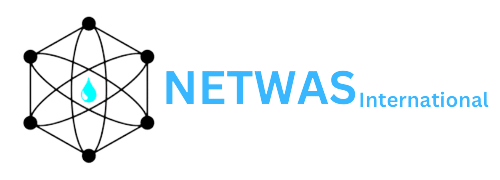
NTS003: Governance, Financial and Commercial Management of Water Services
- Duration: 2 Weeks
- Date: To Be Advised (TBA)
- Venue: Nairobi, Kenya
About the Course
Water sector reforms in many developing countries particularly in Africa has seen the devolvement of water supply from the central government to water supply and sanitation utility companies owned by the central government, municipal authorities or regional governments, but operated as private companies. The main reason for the reforms was service improvement through ring-fencing of revenue generated by the water and sanitation utilities, so that the same could be used for improvement and sustainability of the water and sanitation services. The reforms also focused on making the water and sanitation services attractive to private-public partnership. The main focus of this module is to improve governance, financial and commercial management skills of managers and senior officers of the water and sanitation utility companies for improved service delivery not only to the formal, but also the informal urban settlements. The participants will be taken through relevant aspects of setting goals and objectives, and translating these to operation plans for implementation for both financial and commercial aspects. Also to be covered is financial planning and management, formulation of budgets, and tariff setting and the role of information technology. The participants will be taken through the process formulation of commercial strategies and appropriate implementation plans, marketing and public relations tools designed for improvement of service delivery and the company image.
Objectives
- Be able to set clear goals, objectives and strategies for improved service delivery; key performance indicators; and appropriate results-based management processes;
- Be able to formulate and actualize appropriate principles and core values;
- Be able to develop partnership strategies for resource mobilization from: development partners; grant makers; private sector; and financial institutions for improved service delivery; financial and commercial sustainability.
- Be able to design and implement pro-poor strategies, targeting those who live in the peri-urban and the informal settlements.
Who can benefit from this course?
The module is targeted at water utility board members, managing directors and senior managers, town clerks and heads of municipal departments, and directors and senior staff of regional, county, district and other supra-municipal agencies that have a regulatory, supervisory or managerial responsibility in the area of water, sanitation and environmental services provision.
